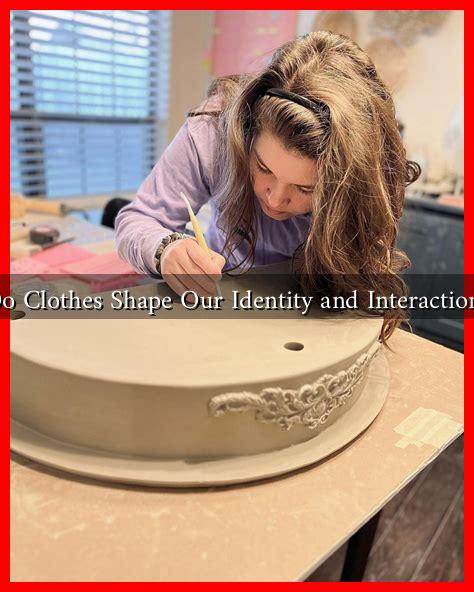-
Table of Contents
Do Clothes Shape Our Identity and Interactions?
Clothing is more than just a means of protection against the elements; it is a powerful form of self-expression and a significant factor in shaping our identity and interactions with others. From the moment we wake up and choose our outfit for the day, we are making statements about who we are and how we wish to be perceived. This article explores the intricate relationship between clothing, identity, and social interactions, supported by research, examples, and statistics.
The Psychological Impact of Clothing
Clothing has a profound psychological impact on both the wearer and the observer. The concept of “enclothed cognition” suggests that the clothes we wear can influence our thoughts, feelings, and behaviors. A study published in the journal Psychological Science found that participants who wore lab coats performed better on attention-related tasks than those who wore regular clothes. This phenomenon illustrates how clothing can affect our cognitive processes and self-perception.
Clothing as a Form of Identity
Clothing serves as a canvas for individuals to express their identity. Factors such as culture, gender, age, and personal style play a significant role in how we choose our attire. Here are some ways clothing shapes identity:
- Cultural Identity: Traditional garments often reflect cultural heritage and values. For instance, the kimono in Japan or the sari in India are not just clothing items; they embody cultural significance and identity.
- Gender Expression: Clothing can challenge or reinforce gender norms. The rise of gender-neutral fashion reflects a shift towards inclusivity, allowing individuals to express their gender identity freely.
- Social Status: Fashion brands often symbolize social status. Luxury brands like Chanel or Gucci can signify wealth and exclusivity, influencing how individuals are perceived in social settings.
Clothing and Social Interactions
The way we dress can significantly impact our interactions with others. First impressions are often formed within seconds, and clothing plays a crucial role in this process. Research indicates that:
- People tend to judge others based on their clothing choices, often associating certain styles with personality traits.
- Professionally dressed individuals are often perceived as more competent and trustworthy, which can affect job interviews and workplace dynamics.
- Fashion trends can create a sense of belonging or exclusion within social groups, influencing peer relationships.
Case Studies and Real-World Examples
Several case studies illustrate the impact of clothing on identity and social interactions:
- Business Attire: A study by the American Psychological Association found that individuals dressed in formal business attire were perceived as more authoritative and competent compared to those in casual clothing.
- Fashion and Activism: The Black Lives Matter movement has utilized clothing as a form of protest. T-shirts with powerful messages have become symbols of solidarity and identity among activists.
- Social Media Influence: Platforms like Instagram have transformed how individuals curate their identities through fashion. Influencers often shape trends, impacting how followers perceive themselves and their social interactions.
Conclusion
In conclusion, clothing is a powerful tool that shapes our identity and influences our interactions with others. From cultural expressions to social status, the garments we choose to wear communicate messages about who we are and how we wish to be perceived. Understanding the psychological and social implications of clothing can empower individuals to make more conscious choices about their attire, ultimately enhancing their self-expression and social interactions. As we navigate a world increasingly influenced by fashion, it is essential to recognize the profound impact that our clothing choices have on our identities and relationships.

